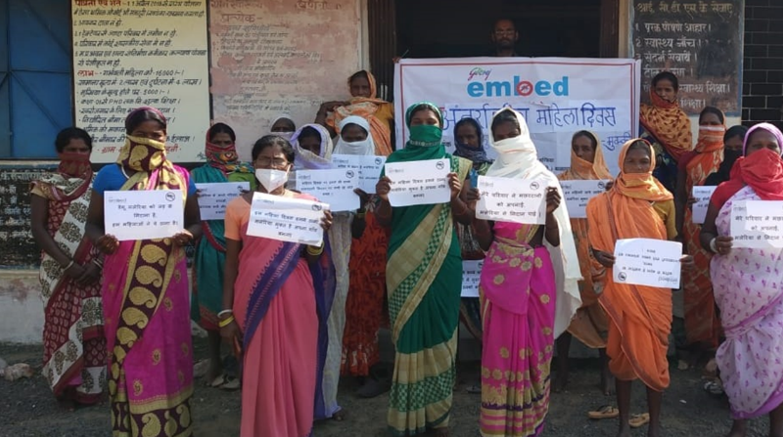
Vector-borne diseases are illnesses caused by pathogens such as bacteria, viruses, or parasites that are transmitted to humans or animals through the bite of infected vectors. In India, almost every state and Union Territory is affected by Vector Borne Diseases, affecting every facet of human life. According to WHO, Vector-borne diseases account for more than 17% of all infectious diseases, causing more than 700,000 deaths annually.
This course aims to improve knowledge, health-seeking behaviour and community action for prevention, treatment and control of Malaria and other Vector-borne diseases at the household and community level. It also aims to improve correct diagnosis, treatment and referral services for the prevention and treatment of Vector-borne diseases through training and capacity building of frontline workers and health care providers.
| Course Information | ||
|---|---|---|
Language |
Hindi | |
Course duration |
Approximately 4.5 hours | |
Assessment |
Every module will have pre and post assessment questions. | |
Certificate |
An official certificate will be issued by FHI to the participants who score 80% marks in the assessment. | |
This course consists of 9 e-learning modules which will help the learners achieve their goals.
Module 1: Module for Program Coordinators on Vector-Borne DiseasesThis module is a general introduction to Vector borne diseases. An overview of the National Vector Borne Disease Control Programme (NVBDCP) will be provided along with the history of VBD control programmes.
Module 2: Introduction to Vector-borne Disease Prevention and Control in IndiaThis module will cover the historical perspective of Vector-borne diseases and which VBDs are covered under NVBDCP. Along with the global burden of VBDs, you will also learn the epidemiology of the VBDs covered under NVBDCP.
Module 3: Introduction to MalariaIn this module, you will learn the historical perspective of malaria along with its disease burden. It will also cover the epidemiology of malaria in detail. Lifecycle of malaria, host, vectors etc. will all be covered in this module.
Module 4: Malaria Diagnosis and TreatmentIn this module, you will learn the clinical features, diagnosis methods and the various treatments for different kinds of malarial infections, as well as the strategies used to stop malaria.
Module 5: Introduction to Epidemiology of DengueThis module will cover the historical perspective of dengue and its burden around the world. Further, you will learn the epidemiology of dengue in complete detail. This will include the lifecycle of dengue, host, vectors etc.
Module 6: Laboratory diagnosis, treatment, and management of Dengue and DHFThis module will cover the classification of the dengue syndrome, along with clinical features, diagnosis, treatment and control measures of dengue.
Module 7: Vector Control MeasuresIn this module, you will learn the numerous strategies for vector control, such as, Integrated Vector Management (IVM), Indoor Residual Spray (IRS), Insecticide Treated Bednets (ITN), Long Lasting Insecticidal Bednets (LLINs).
Module 8: Management of VBD ProgrammesThis module will cover topics such as management of VBD control programmes, roles and responsibilities of the project team, monitoring and evaluation etc.
Module 9: Role of Health Workers in VBD PreventionThe last module of this course will cover the transmission dynamics of VBDs, Information education and communication (IEC), BCC etc. This will also describe the duties and responsibilities of frontline workers, ASHA workers etc.

